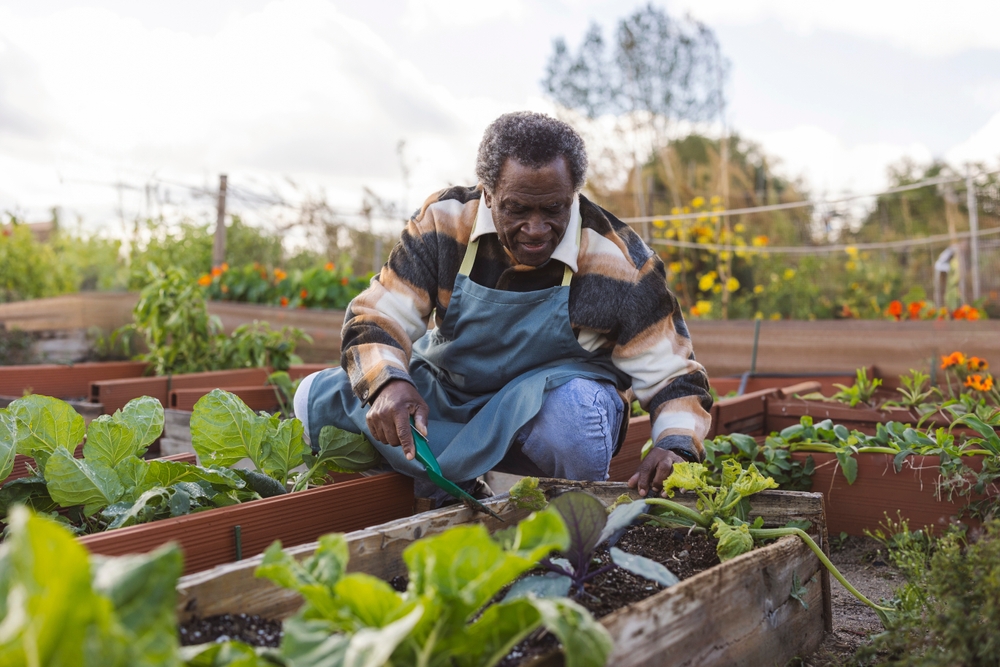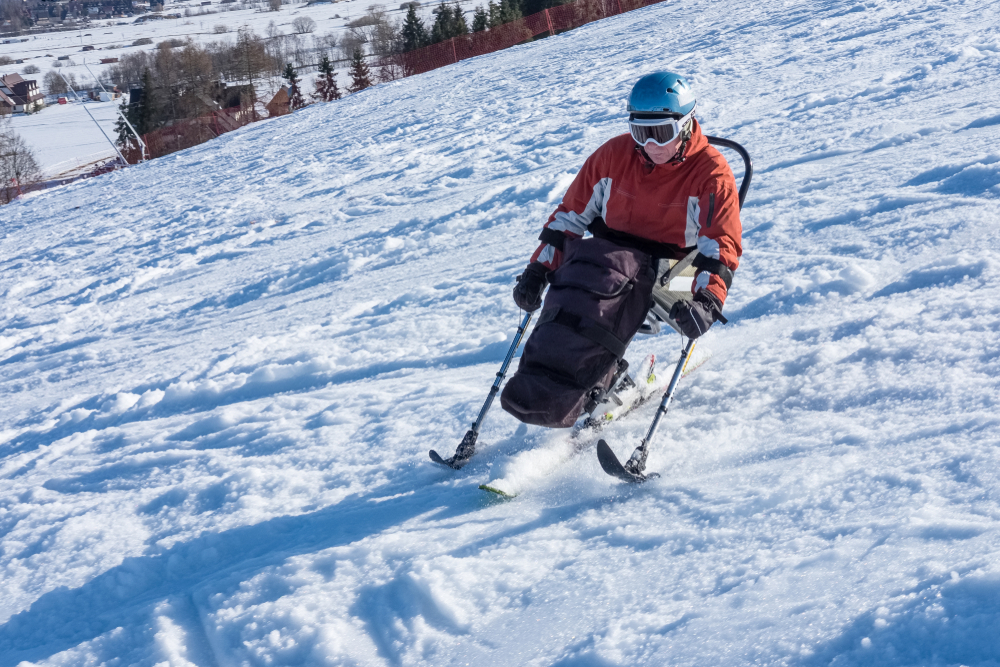Falls have a big impact on a person’s quality of life, and on our health system generally, but we know that exercise can prevent falls in older people! Anyone with risk factors for falls should speak with their GP and consider a referral for a Physiotherapist or Exercise Physiologist who can develop exercise programs that allow you to live a life with less limits.
What are some falls risk factors?
- Aged 65 years and over
- Inactivity
- History of falls
- Slow reaction time
- Muscle weakness
- Reduced sensation in lower limbs
- Poor balance and reduced mobility are reported as the cause of the largest majority of falls, which are changeable through exercise!
What are the consequences of falls?
- Reduced quality of life and independence
- Can result in permanent disability, restriction of activity, loss of confidence, and fear of falling
- After a fall, a person is three times more likely to be admitted to nursing home
- After a fall resulting in injury, a person is 10 times more likely to be admitted to nursing home
What kind of exercise can prevent falls?
Exercise can improve balance and walking speed, muscular strength and mental ability. Exercise should include balance training, be done for more than 3 hours per week, and be ongoing. Ideally, exercise most days, ensure exercise involves you moving your body in a challenging way, and seek professional advice. A Physiotherapist or Exercise Physiologist would conduct a falls risk assessment and make an individualised program, prescribing exercises that work with the ideal base of support, are functional, and progressively challenge strength and balance in a safe way. Some examples include heel to toe walking, sideways leg raises, sit to stand, and alternate knee lifts.
For more information about the consequences of falls, specifically in the Aged Care setting, read Falls Prevention Strategies in Aged Care. We also know that some chronic conditions like Osteoporosis are additional risk factors for falls, so you may want to read more about the best, cheapest, and most accessible medicine available to improve chronic disease mortality rates and quality of life: Exercise!
This Exercise Right Week, you’ll hear inspirational stories from Physio Inq Sutherland of how “Exercise Changes Lives”. You can do so much for your health by committing to make healthy changes in your life. And there is so much support for you if you take it! Maybe next year the inspirational stories will come from you.
Please get in touch for more advice, whether you are a doctor who wants to prescribe exercise as medicine, or if you want a professional to design, guide and supervise your exercise regime to prevent falls.
Date Published: Monday, May 24, 2021
Locate a Aged Care Physiotherapy
Service Near me
Get the experience & convinence you deserve to support your or a loved one's allied health needs.
Our Aged Care Physiotherapy team are currently serving & taking appointments in the following states and regions in Australia:
New South Wales
- Blacktown
- Blue Mountains
- Campbelltown And Macarthur
- Canterbury-Bankstown
- Eastern Suburbs Sydney
- Georges River
- Hawkesbury
- Inner East Sydney
- Inner West Sydney
- Lake Macquarie
- Lower North Shore
- Newcastle
- Northern Beaches
- North Sydney
- Parramatta
- Penrith
- Southern Highlands
- South West Sydney
- Sutherland Shire
- Sydney CBD
- The Hills Shire
- Upper North Shore
- Waverley
- Wollongong
Tasmania
Victoria
Need to get into direct contact with ur Client Services team? We're all ears. Call our team directly on 1300 731 733






